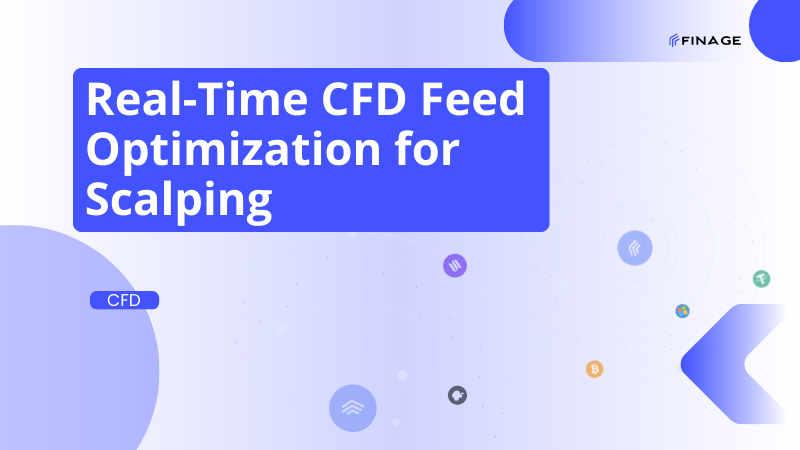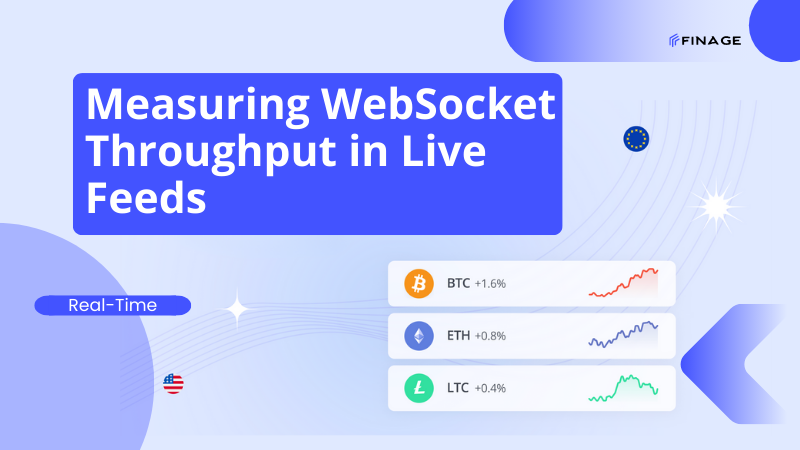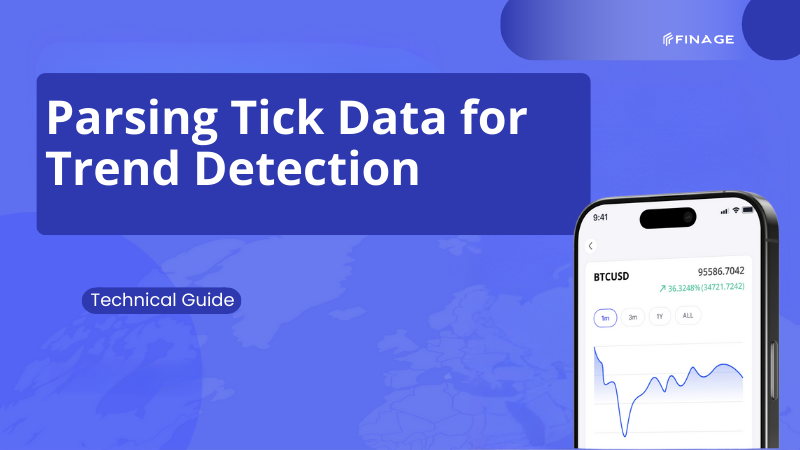Introduction
It’s almost surreal when you think of the fact that cryptocurrency as we know it was only a concept a little over a decade ago. The consensus among those who supported its creation was that the old way of using money was too constricting and that power had to be in the hand of the user. In short, decentralization was called upon and the revolution was born.
However, things haven’t turned out the way many hoped, as even the most sought-after coins are being run by major houses and users require a middleman. Fortunately, DEXes or decentralized exchanges are becoming a thing. That said, using them to an optimal level requires knowledge of DEX pairs, and knowing about them can only come by understanding DEX as a whole.
Contents:
- Quick overview: what is DEX
- What are these pairs?
- Base currency
- The arbitrage strategy and DEX pairs
- Final thoughts
Quick overview: what is DEX
Decentralized exchanges as stated earlier, allow users to exchange currency without mediation from alternate parties by using the peer-to-peer technology indicative of the blockchain. As opposed to standard centralized middlemen, this method of trading in coins uses smart contracts.
It is in partnership with these contracts, that liquidity pools formed by investors can allow all activity on the exchange to occur. This is just a general statement, however, as there are two ways in which DEXes function and they are:
- The Automated Market Model or AMM, allows exchanges via the formation of prices determined by algorithms and their proportionality to liquidity pools
- The Order book method, which through off-chain and on-chain means, uses crypto miners and external servers respectively to manage data
It is only through these versions that activity on these exchanges can begin. Those familiar with the process will typically have an existing centralized wallet. If not, they have to download one as well as that of a decentralized wallet.
Assuming that deposits have been made into the existing account, you can then proceed to open the application in which both accounts are connected and transfers are made. It is also in this app that the DEX pairs are found and traded. Speaking of these DEX pairs, the details concerning them are an interesting topic on their own, and seeing that they are the subject, they deserve their heading. Additionally, when we speak about trading, remember that it is always beneficial to implement and create a trading strategy. In any case, it is crucial to learn about the benefits of real-time market data for trading strategies.
What are these pairs?
DEX applications, as aforementioned, have a place in which different currencies are paired up against each other and inevitably traded. It is via these pairs that you can see how the value of one coin is compared to another, after which decisions to buy, sell, or just wait it out are made.
The typical way in which this works is with two default coins in the app that allow trade. Despite this it is worth noting that some decentralized apps allow altcoins, but not fiat currencies, which is the total opposite of their more centralized counterparts. The understanding of DEX Pairs will mainly focus on two important facets that will allow you to navigate them and the exchange as a whole and they are:
- The idea of base currency and
- Implementation of the arbitrage strategy
Base currency
The concept of the base currency is one of the most utilized ways in which the value of various assets is figured out. In the more centralized systems, they're used to compare the value of fiat currencies from many countries. It is from these comparisons that exchanges can actually function as those visiting foreign places will have to change their currency. In short, the currency that's exchanged in a foreign country is the base currency.
How does this apply to exchanges that focus solely on cryptocurrency? It all depends on the exchange you're on and what are its base currency pairs. To perform trades, you as a trader will have to know these pairs and confirm their presence. This is where the idea of default currencies comes from. Remember, you can always research and check use case scenarios to get more data and better ideas about a concept. You can also check feedback and chat with people on forums or connect with support teams that offer more detailed info on the topic.
The arbitrage strategy and DEX pairs
As two coins will never be of the same value per coin, such pairs are just ripe for arbitrage use. You may be wondering; what is arbitrage? Well, it’s a trading strategy in which a trader takes advantage of price differences between exchanges. Using this tactic on a DEX is not the easiest thing to do, as finding the right pairing will require some serious deduction on your part.
Another thing to consider if you decide to use arbitrage as your main strategy is that the trading volume has to be immense so as to provide adequate liquidity. It is for this reason that if you do decide to use this tactic, you have to use an exchange that is on the popular side of things. Interestingly enough, though illiquid exchanges tend to fail, they do provide arbitrage openings, thus creating a bit of a cycle of opportunity. In short, you have to understand the happenings that surround this field, which requires some serious expertise.
Final thoughts
Many will read the above and have a pretty base-level understanding of DEX and the crypto pairs within it. Bitcoin and Ethereum are the most common in the major DEX exchanges and are usually paired up with each other. It is also worth noting that by using a flexible platform that works with all the needed tools for every day, you can get all Financial Fundamentals data that will help you to get the DEX charts, DEX news and market status via API.
That said, a look at altcoins is at least worth a shot. This is only possible because of the nature of pairing which can present buying, selling, and holding opportunities that you wouldn't be aware of otherwise. If centralized systems are your comfort zone and decentralized ones seem distant, looking at them from the perspective of both possessing similar pairing methods may make things easier.
You can get your Real-Time and Historical DEX Data with Finage free DEX Data API key.
Build with us today!
Claim Your Free API Key Today
Access stock, forex and crypto market data with a free API key—no credit card required.

Stay Informed, Stay Ahead
Finage Blog: Data-Driven Insights & Ideas
Discover company news, announcements, updates, guides and more



